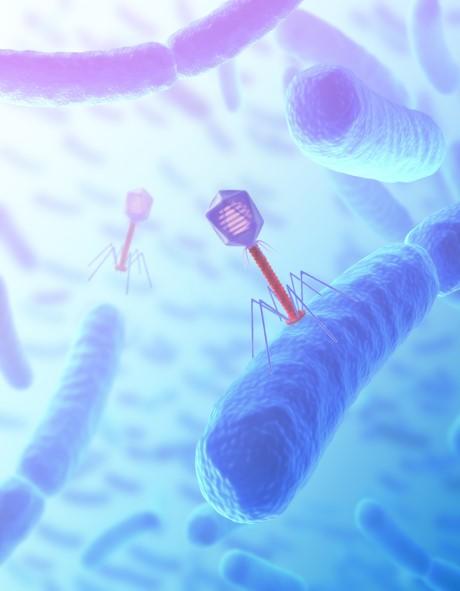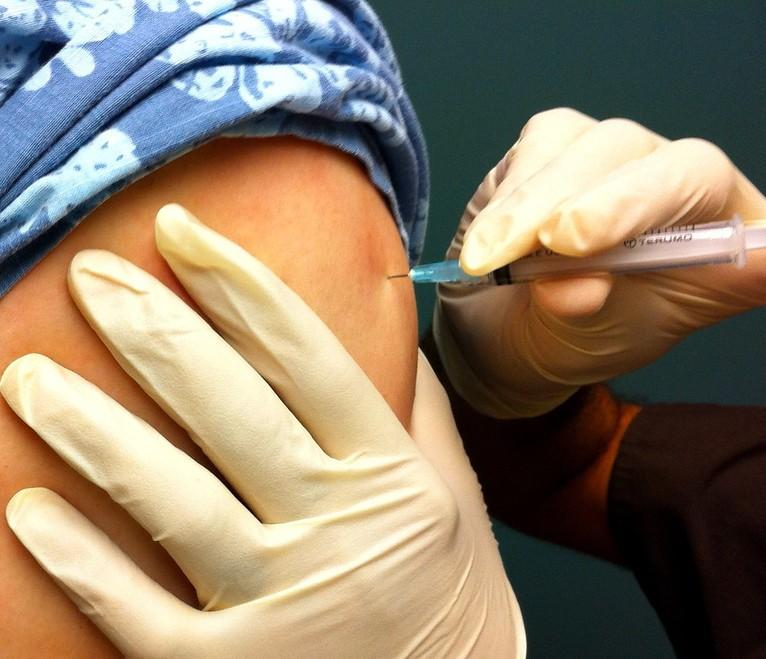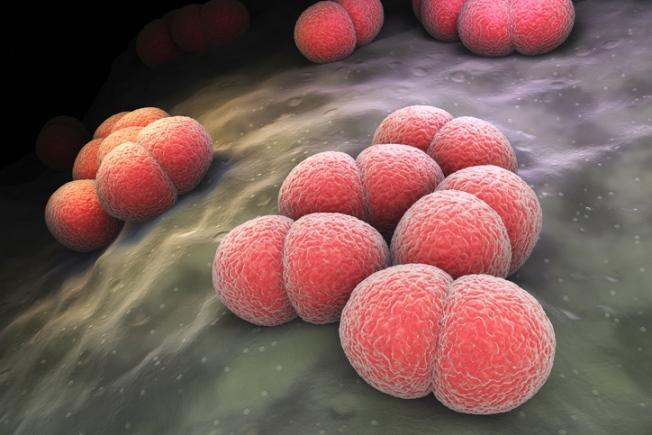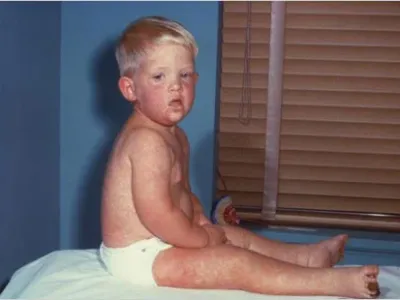
A personalized inhaled bacteriophage therapy showed promising results in a small study of cystic fibrosis (CF) patients with drug-resistant pulmonary infections, researchers reported yesterday in Nature Medicine.
The study, led by researchers at Yale University's Center for Phage Biology and Therapy, enrolled nine adults with CF who were selected for treatment on a compassionate use basis because they had multidrug- and pan–drug-resistant Pseudomonas aeruginosa infections that were no longer responding to standard antibiotic therapies. P aeruginosa frequently colonizes the lungs of CF patients and is the most common cause of CF exacerbations.
The patients were treated for 7 to 10 days with a cocktail of environmentally sourced, personalized phages with activity against P aeruginosa that was delivered through a nebulizer. The hypothesis was that the therapy might select for evolved resistance to phages in the patients' P aeruginosa isolates, but there would be an evolutionary tradeoff—either decreased virulence or reduced resistance to antibiotics.
"A phage therapy strategy that leverages such a trade-off could result in improved clinical outcomes by decreasing bacterial burden and by selecting for surviving bacterial mutants that are less resistant to antibiotics or less virulent," the study authors wrote.
Improved lung function
Five to 18 days after therapy, analysis of sputum samples collected before and after treatment showed a reduction in colony forming units (CFUs) of P aeruginosa in all patients. Furthermore, while the study authors note that reduced CFU of sputum bacteria doesn't always translate to clinical improvements in CF patients, they found that each participant had improved lung function after the inhaled phage therapy.
Analysis of post-therapy P aeruginosa isolates from the nine patients found that the cocktail had exerted selection for phage resistance, but some of the isolates were more susceptible to antibiotics, and others were less virulent.
The authors say the findings suggest inhaled phage therapy has the potential to translate into promising clinical applications.
"Further studies of this new therapeutic are currently underway in clinical trials, and our personalized phage therapy approach will similarly require larger clinical trials," they wrote.


.jpg)
















